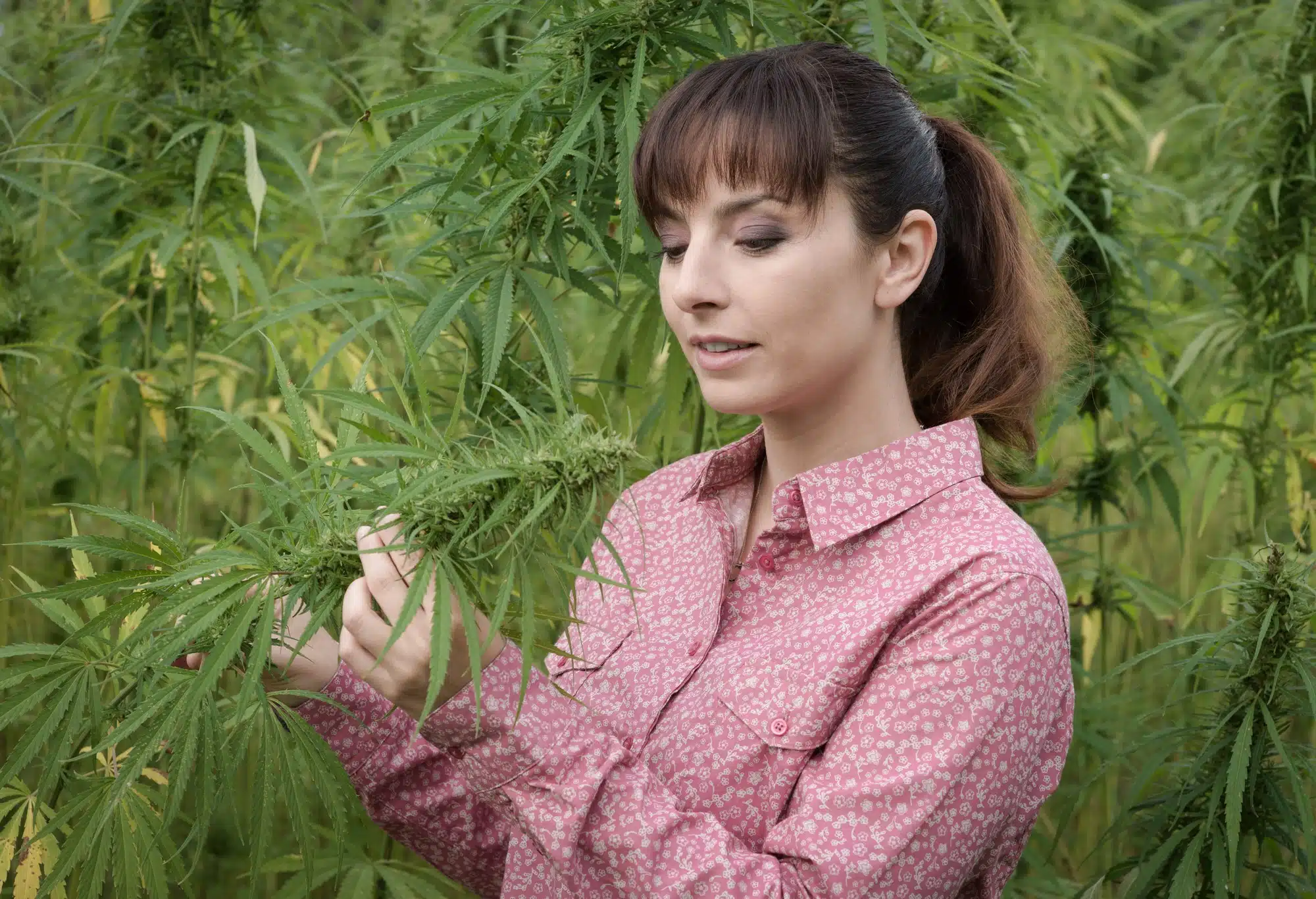
When we put products in our bodies—food, medications, toothpaste, and more—it is generally important to us that we know what we’re exposing ourselves to, both for our safety and to ensure that we’re getting the benefits we want from the products we buy. The same is true of CBD products.
However, some CBD supplements may not actually contain the CBD they promise. A number of CBD supplement companies are currently under investigation for potentially selling products promised to contain CBD that actually have little to no CBD at all, including Green Roads CBD.
What Does CBD Stand For?
We often hear the term “CBD” bandied about, and many of us likely know that it is a type of marijuana product, but what does CBD stand for, and what exactly is it?
CBD stands for cannabidiol, a chemical compound known as a cannabinoid found in marijuana and hemp. Another major compound in cannabis is THC, which is the main psychoactive compound in marijuana. Basically, it’s what gets you high. THC is sold as oils, edibles, and more, as well as through traditional marijuana smoking.
CBD, by contrast, is not a psychoactive, and it does not create the sensation of getting high. It’s also not quite the same as medical marijuana, which is linked with pain reduction. CBD is sold in gels, gummies, oils, extracts, supplements, and more, and is often advertised as having a number of benefits.
Research into the potential benefits of CBD is still ongoing, but it has been linked with a number of benefits, including lessening anxiety in people with schizophrenia or psychosis, treating epilepsy in children, or even helping treat acne due to its alleged anti-inflammatory properties.
Does the FDA Regulate CBD?
Many states have legalized the recreational use of marijuana, others have legalized medical marijuana, some have CBD-specific litigation, and the Farm Bill has legalized hemp at a federal level. However, this doesn’t mean that the distribution of CBD products is now completely open. Additionally, the only CBD-containing product that is officially approved by the FDA is Epidiolex, the anti-epilepsy drug meant for children.
The FDA continues to monitor CBD products and, specifically, the purposes for which they’re marketed to determine if companies are making unsafe or unfounded claims about their products. While the FDA does not regulate CBD products as a whole, it can and does crack down on companies that add CBD to food products, advertise their CBD products as dietary supplements, or make extreme health claims about their products.
 What Claims Have Green Road CBD Products Made?
What Claims Have Green Road CBD Products Made?
Green Roads CBD’s website advertises its “award-winning hemp products for a healthier you.” CBD is often touted as able to help relieve anxiety and chronic pain. Some CBD companies have advertised their products as capable of treating a number of major health conditions, such as treating Alzheimer’s, or even preventing, reversing, or curing cancer. CBD products that have been marketed as treatment for diseases or for therapeutic purposes have been the target of warning letters from the FDA several times over.
Indeed, the FDA sent a warning letter over Green Roads CBD products to the company, warning that a number of products on their site, including oils, tinctures, gummies, capsules, teas, and more, are advertised as having major health benefits in a way that violates the Federal Food, Drug, and Cosmetic Act.
The Green Roads CBD claims the FDA used as examples in the warning letter include:
- “CBD [has] anti proliferative properties that inhibit cell division and growth in certain types of cancer, not allowing the tumor to grow.”
- “Almost all studies recognize CBD’s potential in preventing both cancer spread and growth…”
- “The following are some of the many ailments CBD oil can potentially be therapeutic for: asthma, Alzheimer’s disease, arthritis, autism, bipolar disorder, various types of cancer . . .”
- “…considering the lack of risks associated with CBD it is an attractive alternative or addition to anyone’s treatment for Alzheimer’s disease.”
- “Adding CBD oil as part of your daily Alzheimer’s medicine routine has a good chance at delaying the progression of the disease…”
- “[CBD] has antipsychotic properties, which makes it very useful for treating bipolar disorder.”
“Your products are not generally recognized as safe and effective for the above referenced uses,” the FDA noted.
What Lawsuits Have Been Filed Against Green Roads CBD?
Green Roads CBD has been the subject of litigation, including a class action lawsuit filed by plaintiffs Brook S. and Ryan T., alleging that the products they purchased contained less CBD than indicated on the labeling, so they were overcharged.
Should You File a Green Roads CBD Lawsuit?
If a Green Roads CBD product you bought does not contain the amount of CBD that you were led to believe it contained, you may qualify to join this class action lawsuit investigation. A consultation with a knowledgeable attorney can give you a good idea of your rights and options.
The Green Roads CBD Lawsuit is Case No. 0:19-cv-62342-UU, in the U.S. District Court for the Southern District of Florida.
Join a Free CBD Supplements Class Action Lawsuit Investigation
If you purchased one of the CBD supplements listed above in California or New York between 2016-2020, you may qualify to join this CBD supplement class action lawsuit investigation.
This article is not legal advice. It is presented
for informational purposes only.
ATTORNEY ADVERTISING
Top Class Actions is a Proud Member of the American Bar Association
LEGAL INFORMATION IS NOT LEGAL ADVICE
Top Class Actions Legal Statement
©2008 – 2026 Top Class Actions® LLC
Various Trademarks held by their respective owners
This website is not intended for viewing or usage by European Union citizens.






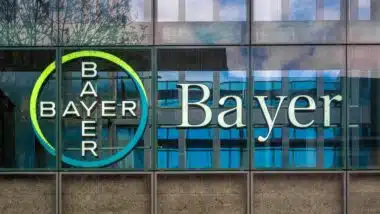
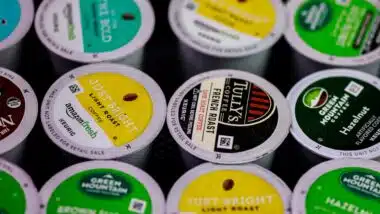


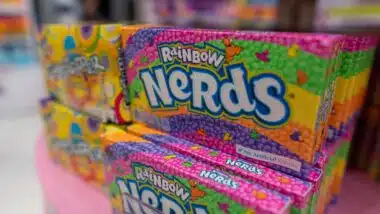
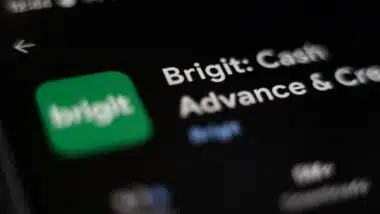



4 thoughts onDoes Green Roads CBD Have All the CBD It’s Supposed to?
add me in
Please add me
yes please add me to the list
Add me